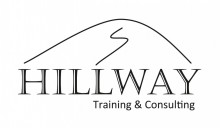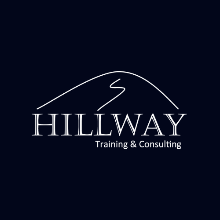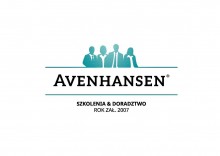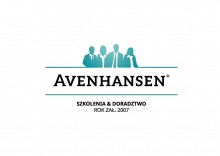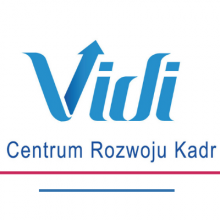Training objectives
- Gain and consolidate knowledge necessary for effective communication on individual and team level.
- Be able to recognize communication style and adjust it to receivers.
- Become aware of own communication style and habits.
- Improve communication techniques.
Estimated contribution of the practical part: 70%
Duration: 1 day for 7 h
Programme and exercises:
- Communication process
- Communication scheme: Coding – decoding, channels, timing.
- One way vs two-way communication.
- Filters, barriers and common errors.
- Individual level
- Personality and communication.
- Attitudes by T. Kilmann’s model.
- Communicating styles.
- Team level
- What makes up a team.
- Stages of team development - Tuckman’s model.
- Team roles.
- Communicaton techniques
- Active listening and question types.
- Exerting influence and persuasion.
- Empathy and assertiveness.
- „Sandwich” techniques, NVC, S. von Thun square.
- Elements of transactional analysis.
- Troubleshooting: handling criticism (jujitsu), opposing manipulation, resolving conflicts.
- Presentation techniques
- Aristotle’s rethorical triangle.
- Storytelling.
- Five anchors of presentation.
- Hourglass presentation model.
- Power of non-verbal communication
- Body expression, role of face and eyes.
- Voice – prosodia, power of silence.
- Space and distance.
- Online communication era
- Miracles and pitfalls of online communication.
- Tips and tricks for improving online communication.
Exercises:
- Warm-up: Good/bad communication.
- Individual practice: My team relations map; Self-presentation; Communication square self-reflection.
- Pairs practice: Communication SWOT; Thougths groups; Four beaks and ears.
- Group and sub-group practice: Personality type; Team roles; Effective team meeting.
- Surveys: Measuring assertiveness level; My communication style; My conflict-resolving style.
Methodology:
- Quiz: Online/real-time voting or filling the pre-prepared forms to evaluate parameters under study, in order to check level knowledge, set priorities, localize development opportunities.
- Individual practice: Accomplishing individually-assigned tasks (creating diagrams, preparing a message, communicating in front of a group).
- Pairs practice: Participants in pairs discuss the given subject , exchange experiences and findings, draw conclusions to be presented during the panel discussion.
- Panel discussion moderated by the trainer: Trainer presents the topic for primary elaboration in pairs, sub-groups or for direct discussion. It is focused on real examples from participants’ every-day practice. The team strives to exchange ideas, make common findings and draw general conclusions.
- Surveys and self-diagnosis tests: Participants answer the yes/no questions, assign values, fill printed or online score cards in order to diagnose their individual profile for the chosen traits/competences.
6. Presentation, mini-lecture: The trainer presents main theory aspects in PP and invites for questions and discussion.
Oferees:
All professionals regardless of organizational hierarchy level, who would like to broaden their knowledge and improve communication skills in context of team collaboration and process effectiveness, with potential application in project management, sales, external and internal customer service, negotiations, human resource management, etc.













